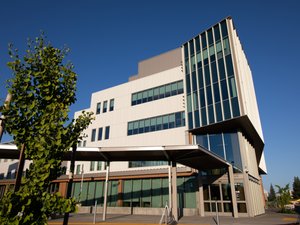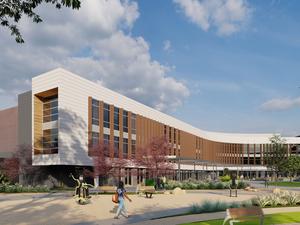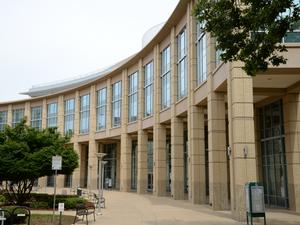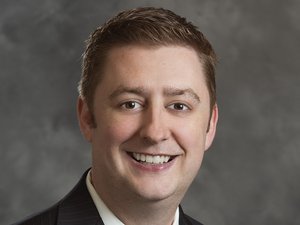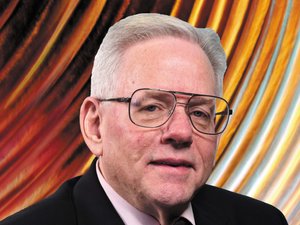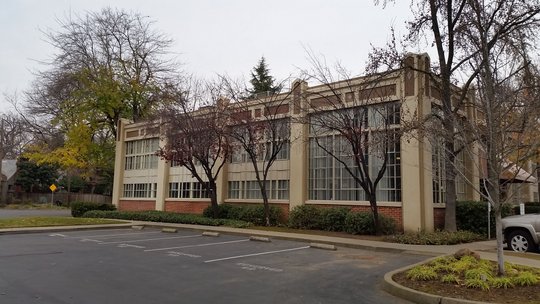
UC Davis Health is developing a clinic to bring emerging psychiatric treatments to more patients.
On Wednesday, UC Davis Health finalized a lease for a new space at the Cannery Business Park in East Sacramento for new infusion therapy and interventional psychiatry support services.
“The impetus for this clinic is that psychiatry is moving into a number of different directions,” said Dr. Helen Kales, chair of the Department of Psychiatry and Behavioral Sciences at UC Davis Health.
The clinic will join the existing specialty patient services the health care system already offers at 3301 C St., including spine health, dermatology and sports medicine. UC Davis estimates it will cost around $20 million to overhaul the former office space into a 15,000-square-foot psychiatric clinic.
The clinic will provide two of the newest therapies that are emerging in the treatment of chronic depression — transcranial magnetic stimulation and ketamine infusion.
Kales said the two therapies have been shown to be successful in treating patients with persistent, severe depression for whom antidepressant medications haven’t worked.
“These are among the most effective treatments that we have,” Kales said.
TMS has been used for almost two decades as a new alternative to electroconvulsive therapy — which, in its modern application, has been proven to be effective in treating depression by psychiatric researchers.
However, Kales said there are drawbacks to ECT — memory loss, which is sometimes permanent, can be one of the side effects. It is also expensive, since it has to be done in a hospital, under anesthesia.
"You can think of TMS almost as a kinder, gentler version of ECT,” Kales said.
TMS can be performed in an outpatient setting, while the patient is awake, with a lower risk of side effects.
UC Davis’ new clinic will have six TMS machines used to treat patients.
It will also have space for patients to receive ketamine infusion therapy, where ketamine is administered through an IV tube.
“Relief happens pretty rapidly,” Kales said. Antidepressant medication can take weeks before patients notice the effects, if they work at all, which is too long to wait for patients with suicidal thoughts, or whose depression is so severe it prevents them from carrying on their normal activities.
“Depression can be so debilitating, and so this offers people an avenue that has really only been available in the Sacramento community within one private group,” Kales said.
She said the clinic will also be able to connect with clinical trials and new research on these treatments, as well as things like psychedelics as a treatment for depression.
The clinic is planned to open by winter of 2025.
In the meantime, UC Davis is opening a smaller, temporary clinic to offer those services to patients while the clinic in the Cannery Business Park is being completed. That is on track to open in November, Kales said, in a part of the ambulatory care center at UC Davis’ hospital campus that had been an ophthalmology space until those services moved to the new Ernest E. Tschannen Eye Institute building.
“It worked out really well. The space needed a little bit of a refresh,” Kales said.
